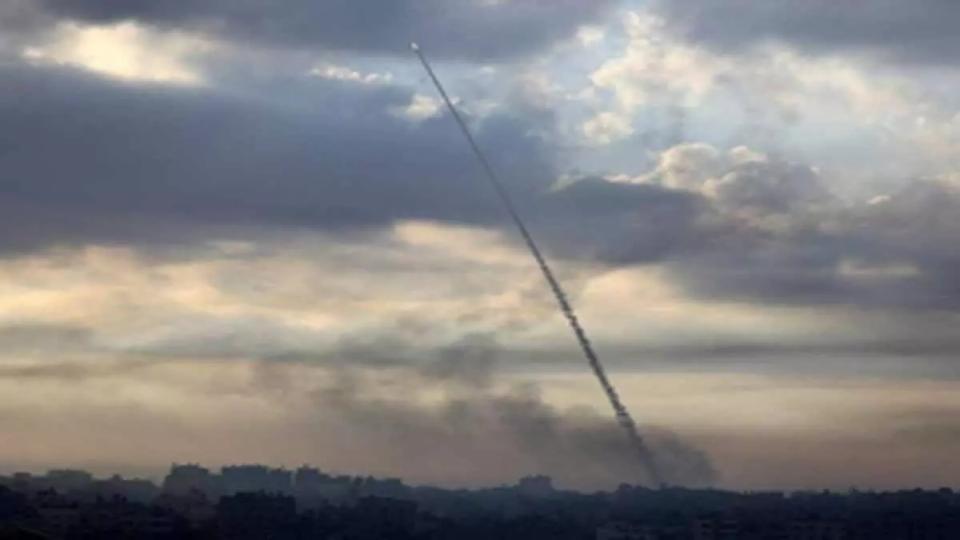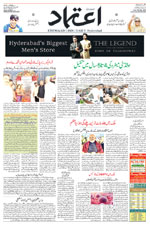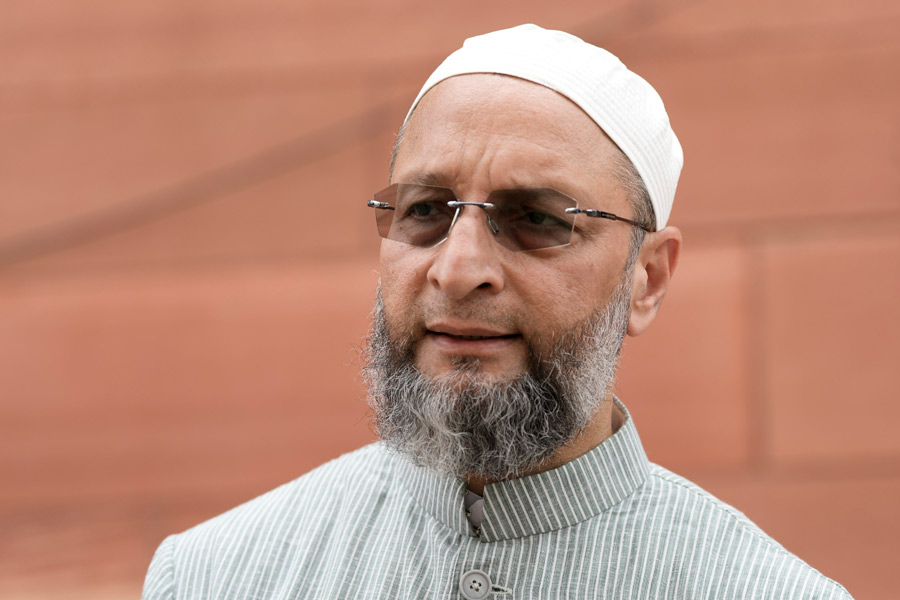Doctors protest against gazette notification by CCIM
Wed 09 Dec 2020, 12:08:13
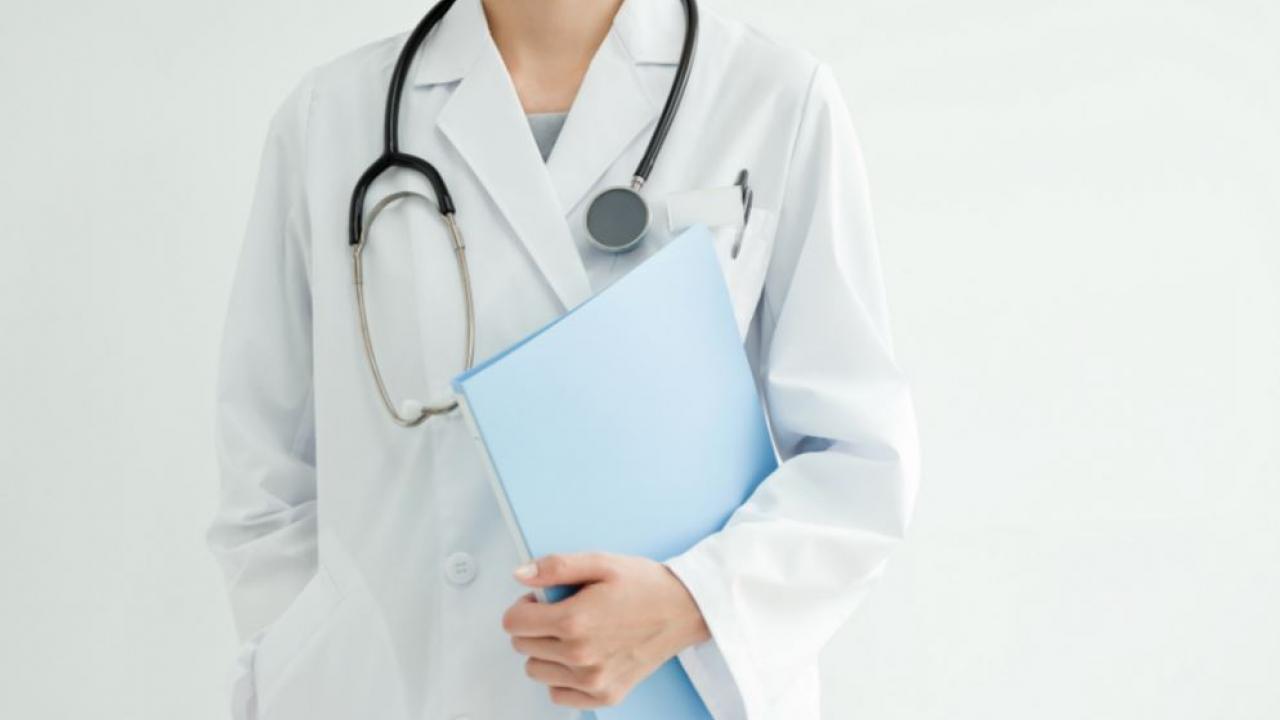
The recent notification by the Central Council of Indian Medicine (CCIM) to allow Post Graduate students of Ayurveda to conduct certain surgical procedures has ended up pitting the practitioners from both the sides at odds with each other.
The CCIM amendment has now become a major bone of contention with Allopathy practitioners terming it as attempts at ‘Mixopathy’, adding that such decisions were aimed at ‘encroaching upon the jurisdiction and nomenclature of modern medicine degrees’.
It all started on November 20 when the CCIM, which is a statutory body of the Ministry of AYUSH, issued an amendment to the Indian Medicine Central Council (PG Ayurveda Education) Regulations, 2016. The amendment has listed 58 surgical procedures that can be taken-up by Ayurveda PG students pursing ‘Shalya’ and ‘Shalakya’. Once the training is over, the PG Ayurveda students can practice the surgical procedures independently.
The CCIM amendment literally managed to ‘lit the fuse’ for medical bodies including Indian Medical Association (IMA), who were already unhappy over the devolution of Medical Council of India (MCI) and establishment of National Medical Commission
(NMC).
(NMC).
The decision to allow Ayurveda PG students to take up certain surgical procedures was not taken in isolation. In fact, it is part of the Centre’s attempt at having a ‘One Nation and One Health System’ policy that is aimed at integrating various systems of medicines including Allopathy, Ayurveda, Siddha, Unani in medical practice, education, public health and research.
Inspired by the Chinese system, which strives to strike a balance between modern and traditional Chinese medicine, the integrated healthcare system is also aimed at providing holistic care to patients in India depending on their medical condition. Moreover, allowing PG Ayurveda PG students to take up surgical procedures also has the potential to address the chronic manpower shortage in the Indian healthcare system.
In fact, the recently released National Education Policy (NEP) also exhaustively mentions the need to integrate modern medicine with traditional systems of AYUSH. To make this happen, the NITI Aayog has set up committees that will propose framework for integrative health system of Indian traditional systems with modern medical systems.
No Comments For This Post, Be first to write a Comment.
Most viewed from Hyderabad
Most viewed from World
AIMIM News
Owaisi slams UP over police post near Sambhal mosque
Dec 31, 2024
Owaisi hails SC order on Places of Worship Act
Dec 13, 2024
AAP Corporator Tahir Hussain joins AIMIM party
Dec 11, 2024
Latest Urdu News
Most Viewed
May 26, 2020
Do you think AAP will perform better in Delhi polls without alliance?
Latest Videos View All
Like Us
Home
About Us
Advertise With Us
All Polls
Epaper Archives
Privacy Policy
Contact Us
Download Etemaad App
© 2025 Etemaad Daily News, All Rights Reserved.

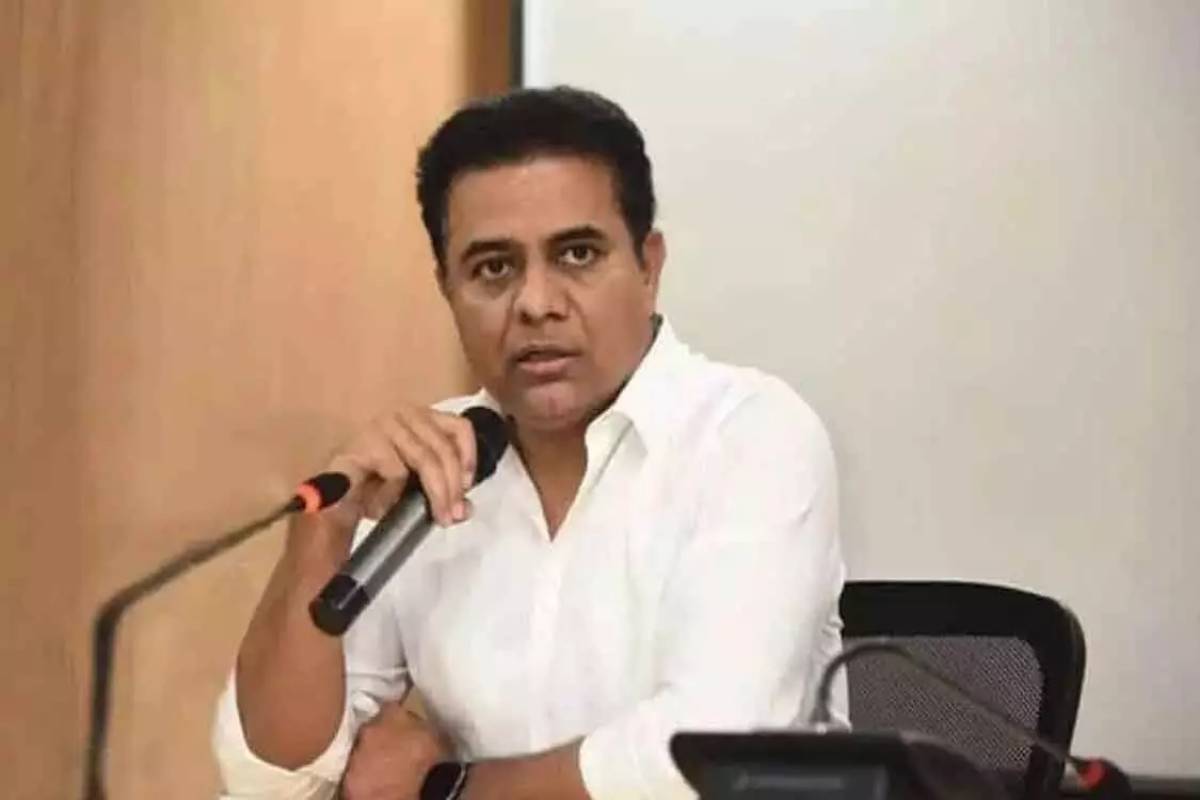
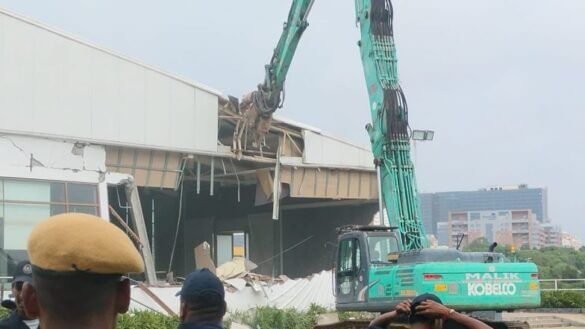
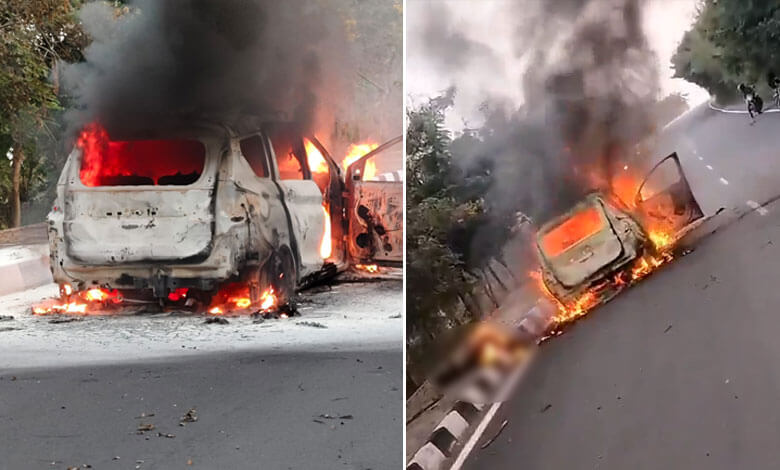
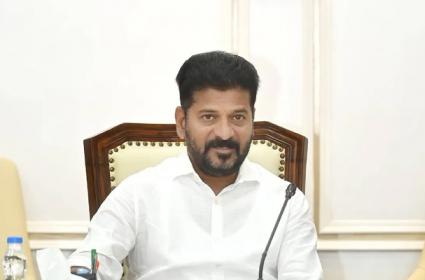
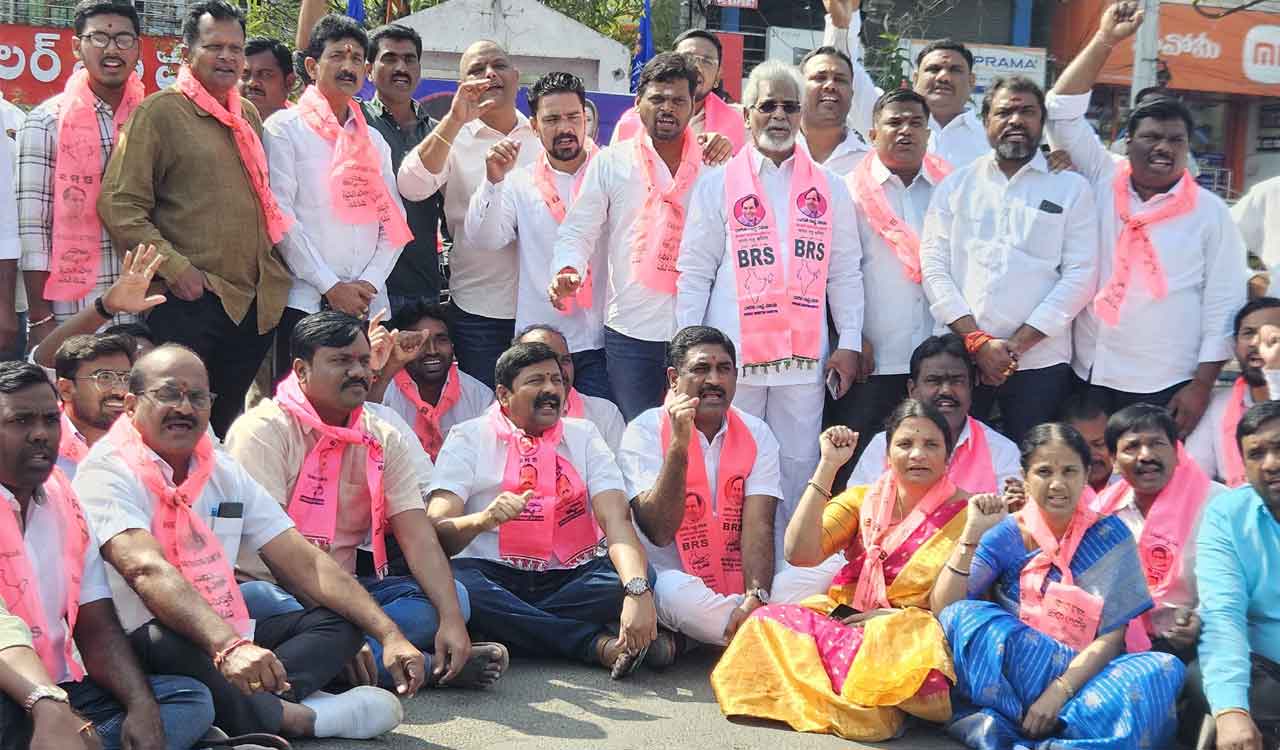
.jpg)
.jpg)
.jpg)
.jpg)
.jpg)
.jpg)
.jpg)
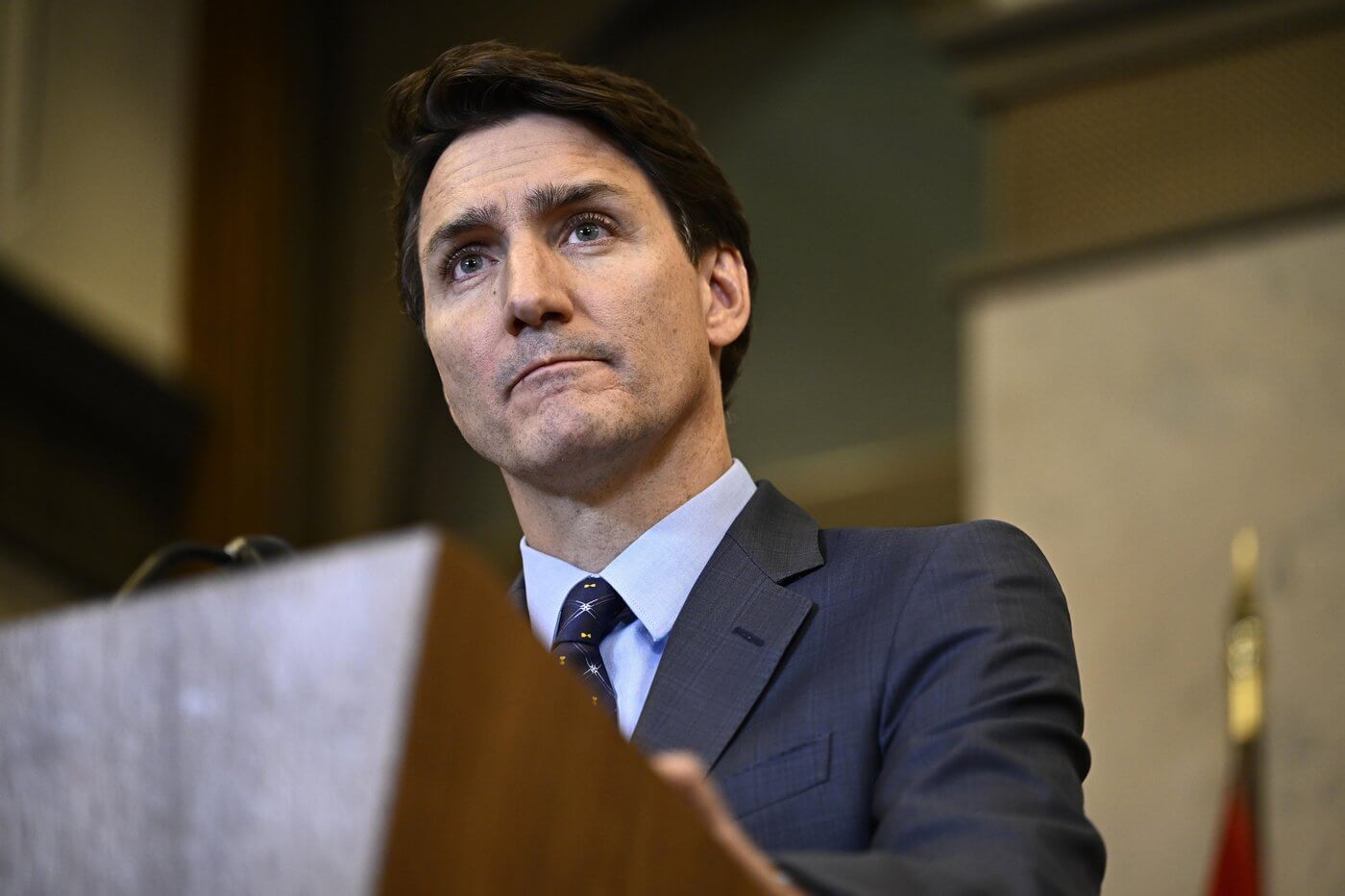
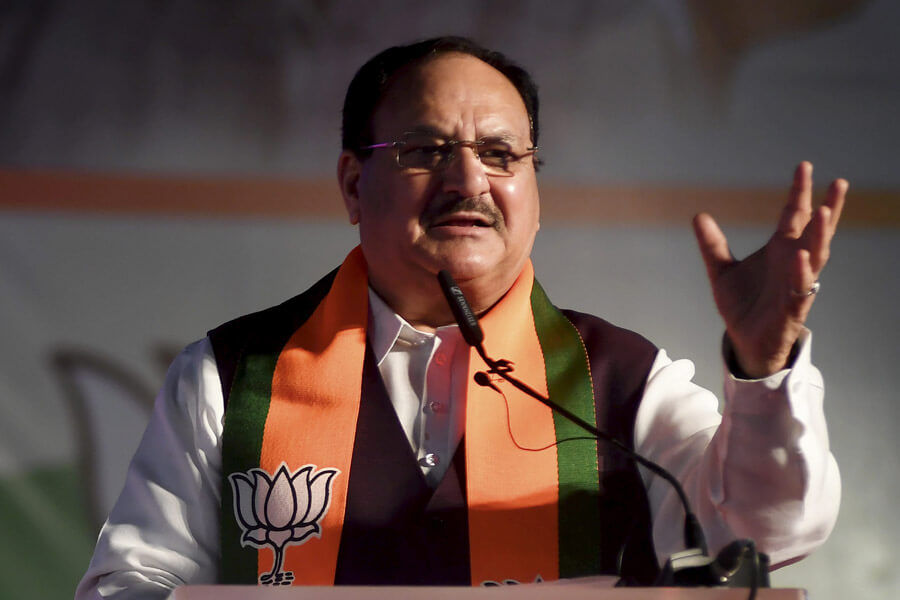
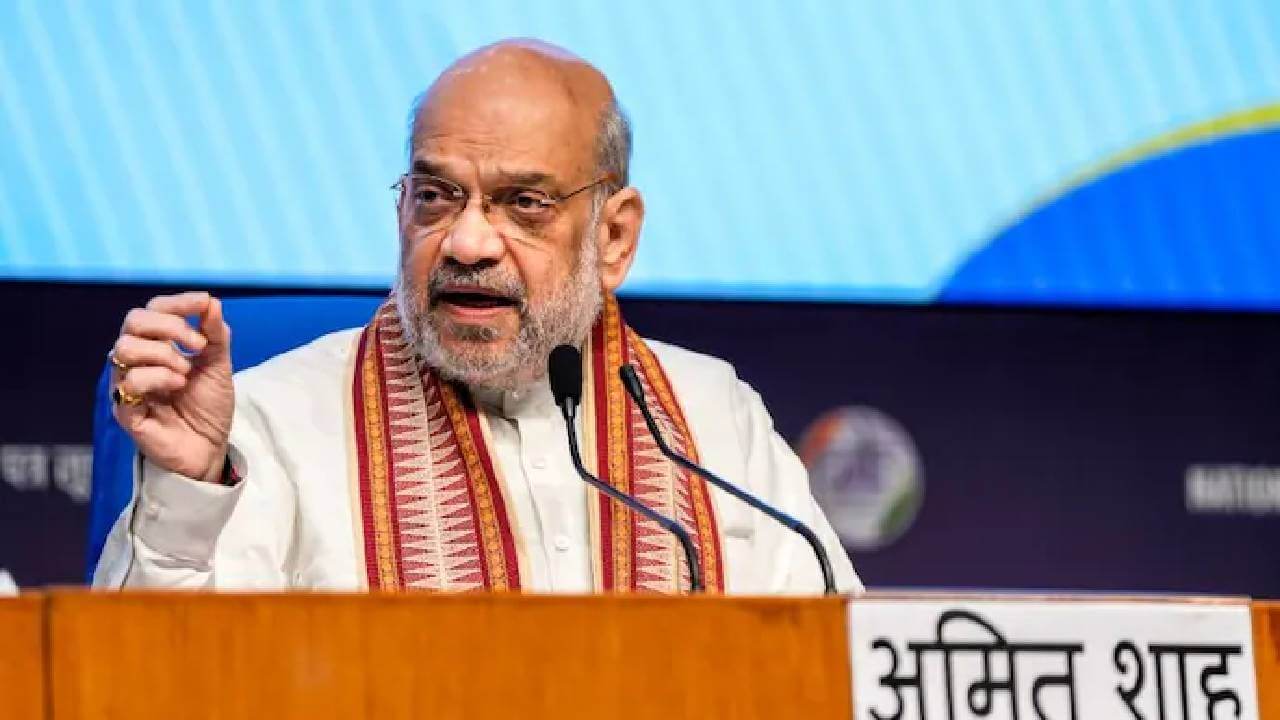
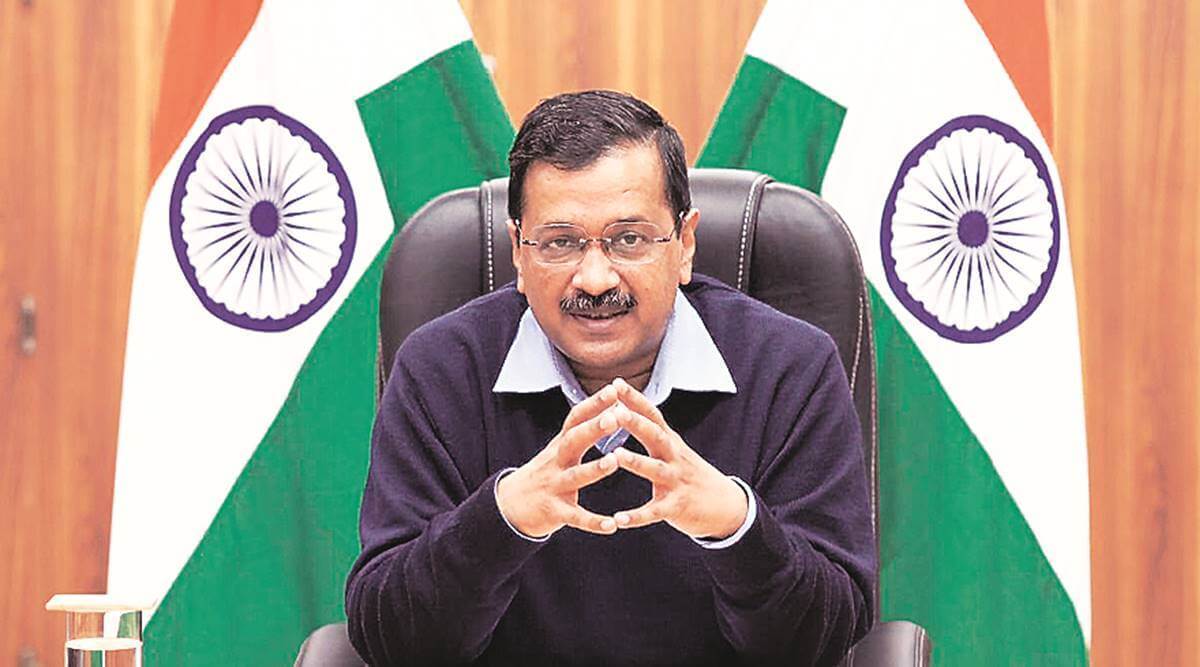
.jpg)
.jpg)
.jpg)
.jpg)
.jpg)
.jpg)
.jpg)
